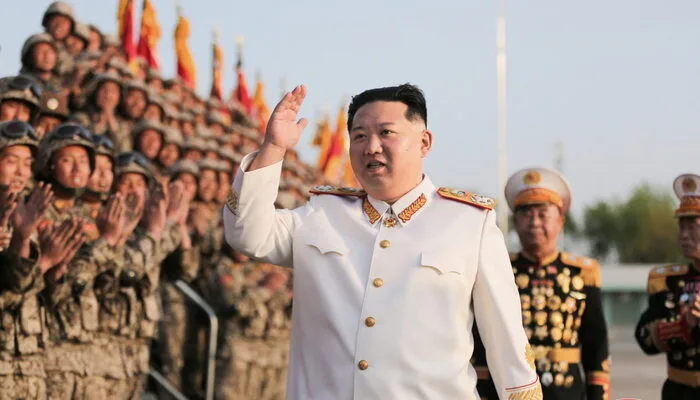The Pentagon has reported that North Korea has deployed roughly 10,000 troops to Russia, with many expected to reinforce Russian positions near Ukraine. This marks a significant increase in North Korean involvement, more than tripling the previous estimate. The move has heightened global concerns, with NATO warning that such developments pose a dangerous expansion of the conflict between Russia and Ukraine.
Pentagon Confirms North Korean Forces Near Ukraine
Pentagon Deputy Press Secretary Sabrina Singh informed reporters that the troops, already stationed in eastern Russia, are likely to support Russian forces, potentially in combat roles, in regions near Ukraine’s Kursk Oblast. Singh added that this deployment indicates a possible escalation, as “Putin’s desperation continues to rise” amid heavy casualties on the Russian side.
Read: Trump Hints at Cabinet Role for RFK Jr. in Madison Square Garden Rally
NATO Condemns North Korean Involvement
Earlier, on October 23, U.S. National Security Council spokesman John Kirby estimated the number of North Korean troops in Russia at over 3,000, emphasizing that their direct involvement in combat would make them “legitimate military targets” for Ukraine’s forces. NATO Chief Mark Rutte on Monday condemned North Korea’s involvement, calling it an alarming escalation that underscored the Kremlin’s growing desperation.
In exchange for these troop deployments, analysts believe North Korea could gain access to advanced Russian military technologies, such as surveillance systems, submarine technology, and possibly security guarantees from Moscow. Both Russia and North Korea remain under extensive United Nations sanctions—Moscow for its actions in Ukraine and Pyongyang for its nuclear weapons program.
Diplomatic Solutions Urged by U.S. Leaders
Meanwhile, U.S. Republican vice presidential nominee J.D. Vance highlighted the need for diplomatic negotiations to end the Ukraine-Russia war. Speaking on NBC’s “Meet the Press,” Vance stressed that a resolution would require active dialogue between Russia, Ukraine, and NATO allies. While refraining from labeling Russian President Vladimir Putin as an “enemy,” he acknowledged him as an adversary, stressing that diplomacy remains essential even with difficult counterparts.
Shifts in Global Alliances Amid Ukraine Conflict
These developments indicate a potential shift in global alliances and underline the pressing need for diplomatic efforts to prevent further escalation in the ongoing Ukraine conflict.
Follow us on Google News, Instagram, YouTube, Facebook,Whats App, and TikTok for latest updates
